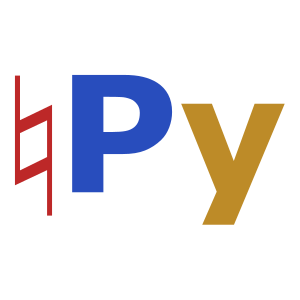♮Python

Natural Python, abbreviated to NatPython and stylised as ♮Python, is a derivative dialect of the Python language based on the last release of Python 3.3. It is part of a family of simplified languages including SundaScript and its close relative Wynaught, an embeddable strict subset of Python 3.3.
Purpose
NatPython shares much of the same purpose as other simplified languages and embeddable strict subset languages created alongside it. However, it is neither a superset nor a subset of the Python language, rather being a proper hard fork of it.
Long-term trends in increasing programmatic complexity have shown to be very real, and the consequences and value thereof have already been discussed generally in documents like the Ethos.
Guido van Rossum's resignation, however, shows an important nuance in this trend, specifically that it isn't merely about complexity or confusion, but also a matter of weakening governance and mission. Increasing levels of oligarchic (i.e. committee-based) decision-making have proven disastrous, as entire language teams enslave themselves to the trends and buzzwords of an increasingly bankrupt industry landscape. PEP 572 become huge drama-filled bikeshedding debacles, while profound and complex feature sets for parallel computing models and other functional programming utilities are uncritically rolled in to catastrophic effect.
NatPython was created initially as a hard reversion away from these problems, and serves as the foundation for an as yet undetermined future language that attempts to fulfil the original niche Python had as a nimble but simple scripting language.
The language also takes inspiration from the incentive structures that led to the creation of what is known as the Bank Python ecosystem.